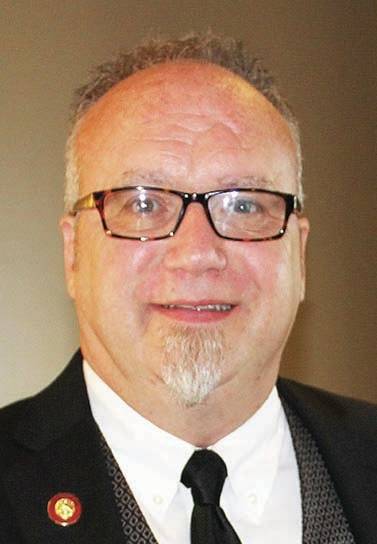Foreign aid — adjust and repair
Published 6:10 am Saturday, January 5, 2019
A happy New Year is on the agenda for most people.
Between 1948 and 2011 the United States gave Egypt $71.6 billion in bilateral military and economic aid.
Our Senate last August passed a new bill that will give $38 billion in military aid to Israel over the next 10 years. For decades we have averaged giving Israel about $3 billion a year.
We gave Afghanistan almost $5 billion in 2017. Jordan received more than $1 billion in aid the same year. We give money to almost everybody it seems. The list is long but includes the West Bank/Gaza, Ethiopia, South Sudan, Malawi, Uganda, South Africa, Nigeria, Russia, Iraq, Tanzania, Mexico, Congo, Haiti, Lebanon, Somalia, Zambia, Sudan, Syria — and this is not everybody.
The money we give out to other nations normally falls in one of two categories.
We help other nations with economic aid or security aid. For example, we will give Afghanistan approximately $650 million in economic aid but then we will also provide $5 billion in security aid. We give Jordan $635.8 million in economic aid and Syria about $540 million. Kenya, Tanzania, Uganda, Zambia and Nigeria will all receive more than $400 million each in economic aid. Iraq, Israel, Afghanistan, Egypt, Syria and Jordan will receive about $11 billion all together in security aid for one year of security.
The amount that the United States gives in foreign aid is about one percent of our budget. One percent is not that much. Right? Our one percent amounts to about $50 billion a year, give or take a few dollars. In years past we have given in the $30 billion-plus range. Overall this number has been divided out to 184 countries receiving economic assistance and 142 countries receiving military assistance. Five of the six top recipients have been Muslim countries.
Multiply these numbers for the past 10 years or the next 10 years and it amounts to a big pile of cash flowing out of our country — billions and billions and billions of dollars.
Our giving helps in terms of supporting global peace, security, development efforts, and humanitarian relief. Our assistance saves lives, rebuilds livelihoods, provides medicines, aids agriculture, taps natural resources, promotes sanitation and increases dependency on America. So, helping others has many positives.
There are several problems we face with our foreign aid budget. We are trillions of dollars in debt and have been for very long time. Millions of Americans are struggling with health care. American families file bankruptcy every year due to medical bills. Many retired Americans into their 80s still must work to buy food and pay the rent. Social Security is running short and people receiving pensions throughout America are now threatened almost daily of having their pensions cut.
If we can spend $50 billion a year on foreign aid, then surely our Congress can set aside one or two billion a year for the next few years to secure our southern border. Building a border wall will take some time.
Our federal government should also give some money to Ohio to fix I-71 between Cincinnati and Columbus. Every time I drive that road I need a front end alignment on my car. Sadly, too many roads and bridges in America are in need of repair.
Water is a critical problem in America. From southwest Florida, to Flint, Michigan, Pittsburgh, Brady, Texas, and Martin County, Kentucky, bad drinking water is a constant topic of conversation. The problem is these and many more communities need millions and millions of dollars to replace old leaky water pipes that are often 50 years old and are sadly connected to highly polluted water sources.
I am not opposed to helping others. My question is can we please take a few years and repair America? We must fix our roads, build the southern border wall and take care of some of our problems at home. The answer is we can and we must.
Dr. Glenn Mollette is president of Newburgh Theological Seminary, Newburgh, Indiana. Contact him at GMollette@aol.com. Learn more at www.glennmollette.com. His Facebook page is at www.facebook.com/glennmollette.






